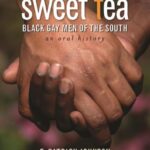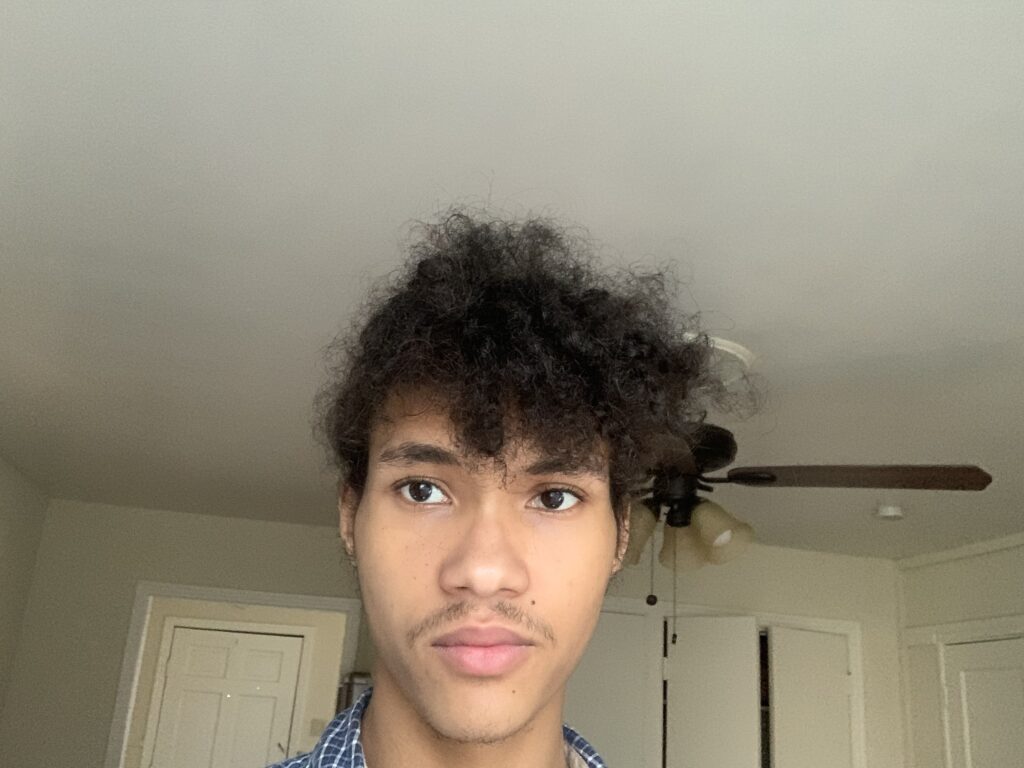by Terrane Ansley

In Sweet Tea: Black Gay Men of the South, E. Patrick Johnson curates the stories and legacies of several Black gay southern men who lived and loved in the mid- to late twentieth century. Spanning multiple generations and 15 southern states, Johnson’s book employs a critical ethnographic style through conversation with these elders. This form of storytelling and interview relays an honest depiction of subject, a depiction which is inevitably reflected and recognized in the author’s own identity as a Black gay man from the South. Centering “community hearsay,” a notion Johnson reclaims as vital to the essence of southern queerness, he goes on to describe these conversations as a co-performance between subject and ethnographer, performance being yet another notion noted as central to Black southern queerness by Johnson. He conveys each discussion’s necessity as a documentation and reclamation of histories that deserve, and have always deserved, to be heard and remembered in their most authentic form. The biographical oral histories featured are testaments to the survival of those on the periphery of the already marginalized, but they also work to dismantle the monolithic and perception of tragedy too often associated with this geographically and generationally diverse group of individuals.
This collection challenges self-conception for both the Black gay southern man, an American character who is so readily forgotten, and other readers attempting to make sense of the Black gay southern man’s seemingly contradictory and invisible presence throughout the South’s history. For younger Black gay readers of a southern extract, Sweet Tea is a vital tool in reconciling the loneliness which our identities afford, as well as reminding us that we have already been paid for many times over by the struggles of those who came before.

Justin-Terrane Ansley is a Black, queer Plan II/Geography student deeply interested in the ways we organize ourselves through space and within place. As president of the Liberal Arts Council for the 2020-2021 school year, Terrane hopes to highlight the necessity of Black queer and trans voices within the humanities, and the depth of knowledge and personal wisdom from which we contribute. As a transracially adopted individual, and a global citizen, he hopes to improve the lives of children within the Texas foster system and to raise awareness of climate change’s effects on Black communities, incorporating themes of activism learnt from the fight for Civil Rights and the current BLM movement.
